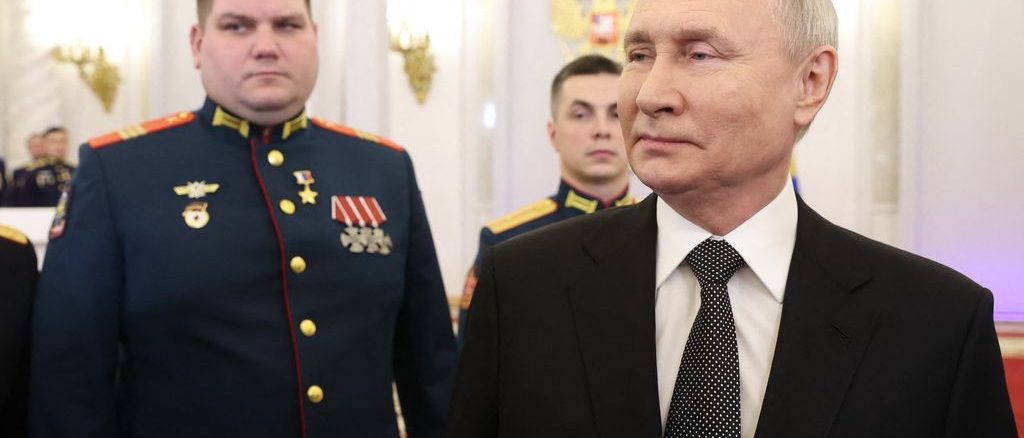
Putin officially presidential candidate in Russian elections next year
Russian President Putin has officially announced that he will stand for election in next year’s elections. This is what the Russian state news agency writes Tass. The elections are scheduled for March 17, and his current term ends on May 7.
The 71-year-old Putin has been in power in the country since 2000, albeit officially as prime minister between 2008 and 2012. A new term as president means he can stay in office for another six years, until 2030.
The Duma went through it in 2020 a constitutional change it is possible that Putin could be re-elected again, although the Russian president can only serve two consecutive terms. Because of that exception, he can in principle remain in power until 2036.
Russia correspondent Iris de Graaf:
“It is not a surprise that Putin is participating in the elections again. The chance that he will not be re-elected in March is nil, unless something very crazy has to happen.
You can no longer really call the elections in Russia elections. Six years ago, during the last presidential elections, there was already widespread vote fraud and Putin won as expected. But at least at that time there were still free independent media, there were political scientists who were critical and there was still a handful of opposition who – despite the limited room for maneuver – could still campaign for the form.
Now that’s all gone. Serious opposition politicians and activists are in prison or have fled abroad. The opposition allowed by the Kremlin is still divided and will have little influence. In addition, next year’s presidential elections will be spread over three days for the first time and electronic voting will take place. According to independent observers, that is a recipe for fraud. Under such circumstances, Putin can easily get as many votes as he wants: possibly 80 or even 99 percent, as in Soviet times.”
Putin became president in 1999 when Boris Yeltsin unexpectedly resigned. The former KGB employee had been prime minister of the country for less than six months. He won the elections the following year with more than half of the votes and when he was re-elected four years later there was no significant competition.
Because the constitution requires a Russian president to serve only two consecutive four-year terms, he switched places with Prime Minister Medvedev between 2008 and 2012, without anyone doubting that Putin retained real power. He further consolidated his power by extending presidential terms from four to six years.
If Putin does indeed serve his next term, he will overtake Joseph Stalin as the longest-serving leader of modern Russia. Only Tsar Peter the Great ruled Russia longer at 43 years.

Be the first to comment